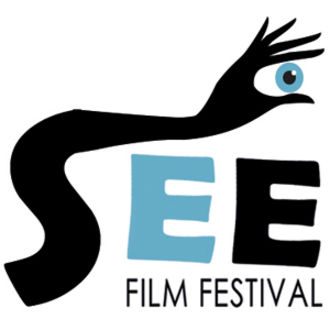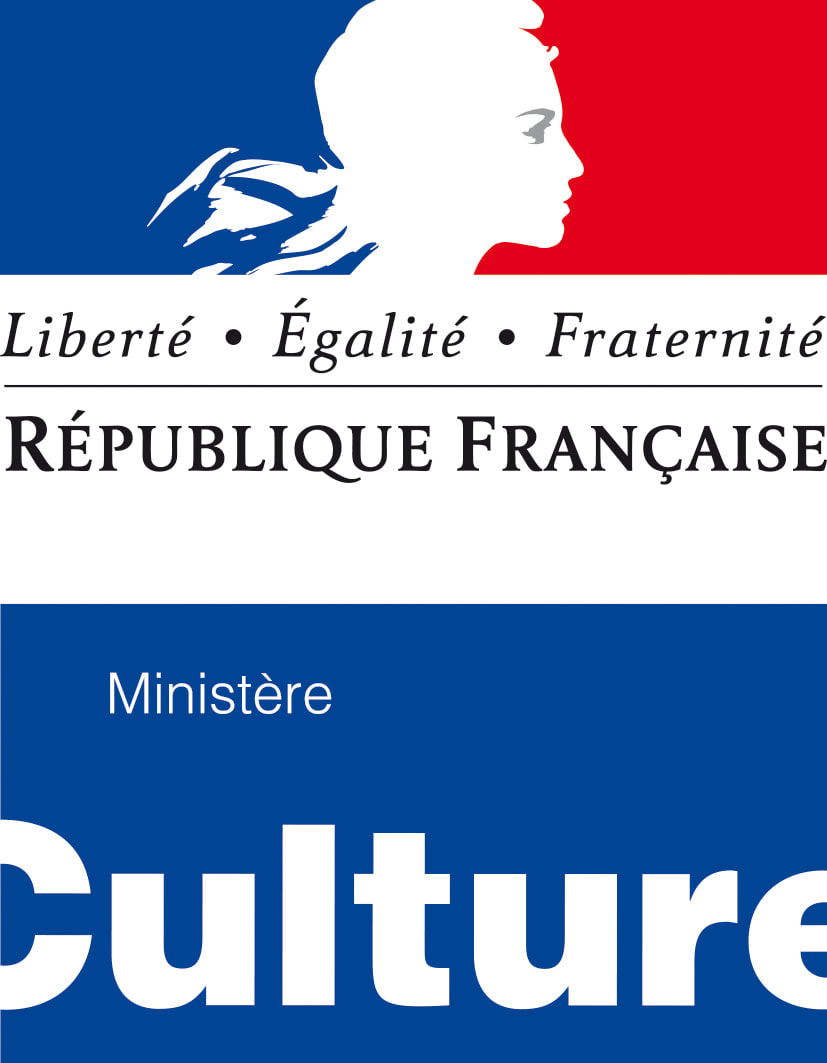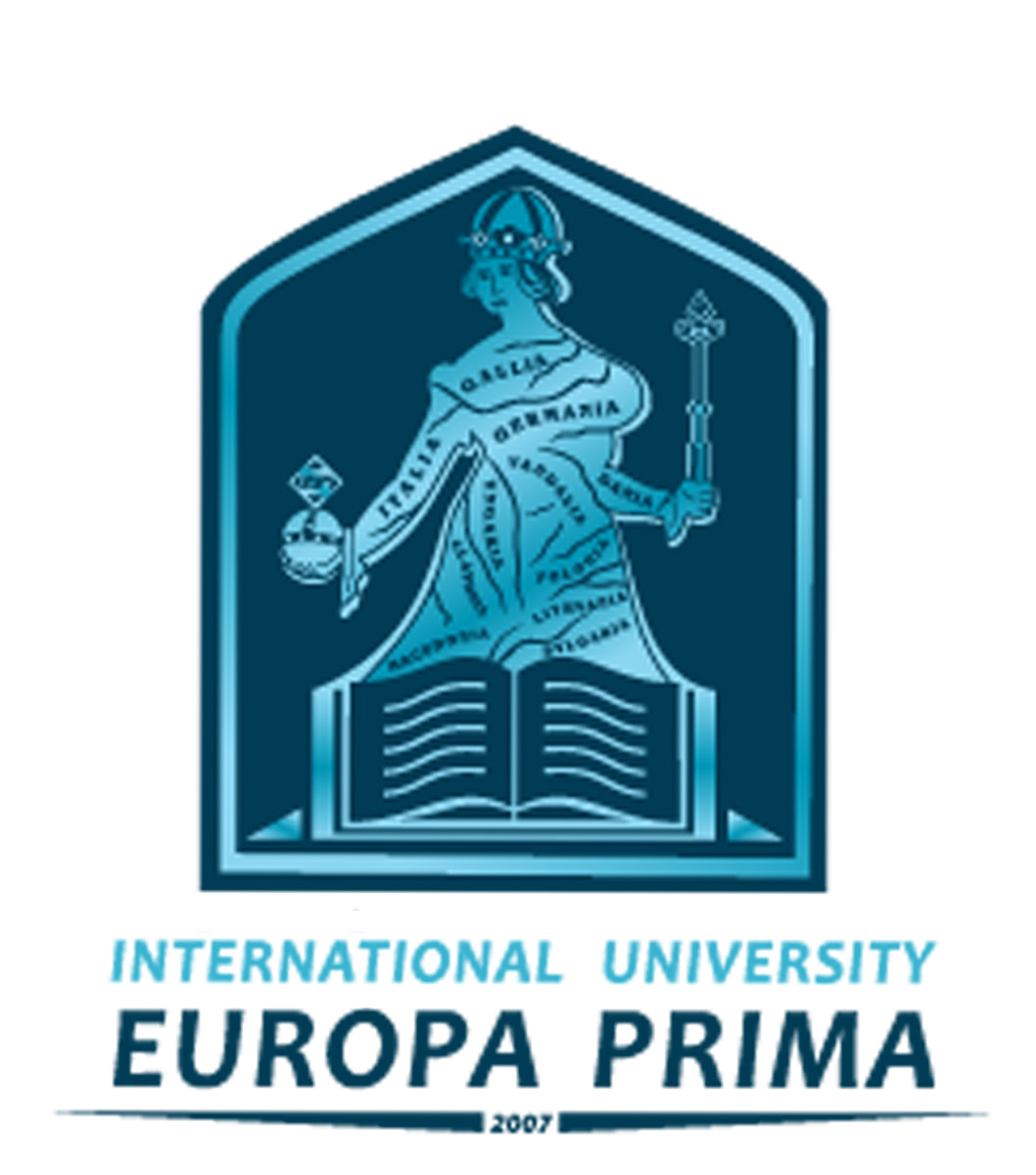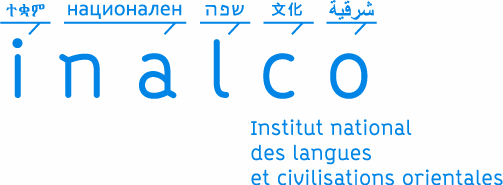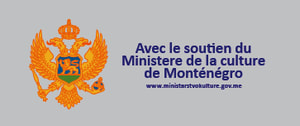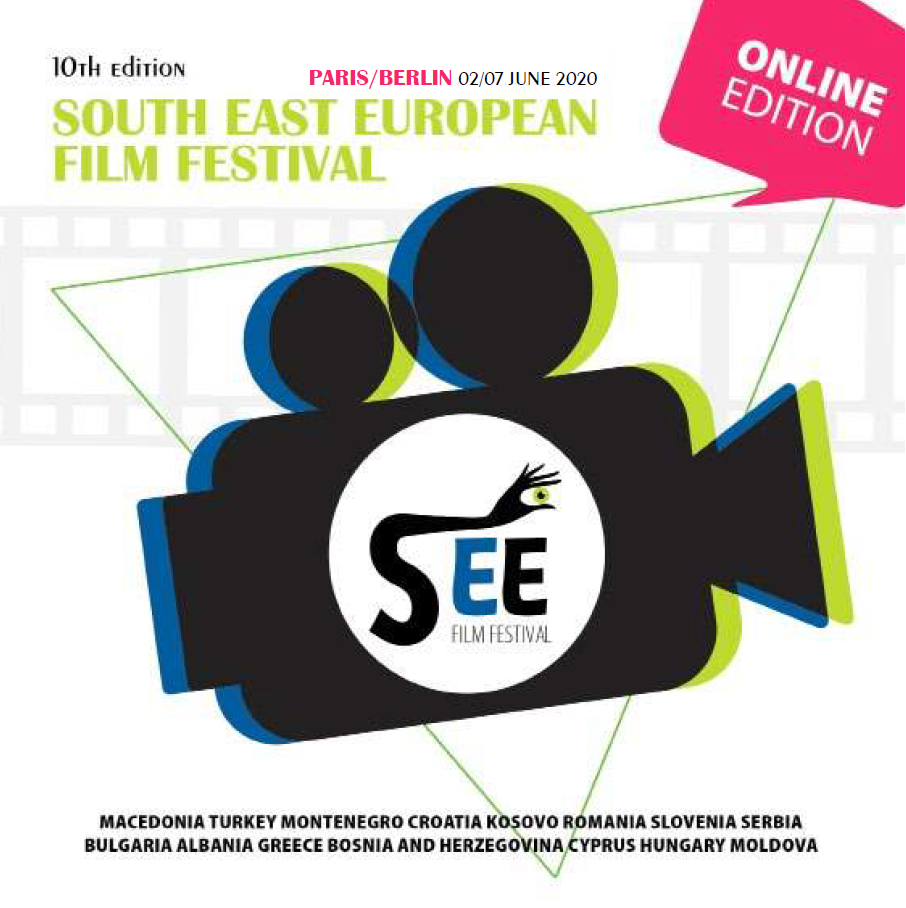It gives me great pleasure to be able to address the esteemed audience at the SEE FF-Paris-Berlin-Washington 2022 Southeast European Film Festival through this video message. For years, the SEE festival has managed to bring to fruition the idea of presenting the very best of current cinema production from Southeast Europe to the cultural sphere of Western Europe and America. In addition to affirming talent, promoting film professionals and their creativity, the SEE festival transcends differences, it elevates, connects people, makes us learn from each other. In times such as these, marked by great social and political divisions -- culture, as an area where dialogue and exchange of experiences are immanent – enables links in a divided society, encourages cohesion and better understanding, which will bring about new, positive ideas and build stronger connections. A culture that is constantly growing and evolving provides support to its members and encourages others to join.
Together, we can achieve small victories that will lead to a true revival, and create a deserving place for culture in every country and every society.
Montenegro is once again represented at the SEE festival with feature and documentary films. This year's edition will also present the award for the best documentary film, named after the great French and globetrotting documentary filmmaker, "Frédéric Rossif" (1922-1990), who was born in Cetinje. And I am particularly honoured that this year's award will go to the famous Montenegrin filmmaker Vladimir Perović.
The first feature-length film with a Montenegrin theme "There Is No Resurrection without Death" was produced by the Italian film company "Sangro Film", and premiered on April 14, 1922 in the most modern cinema in Rome at the time "In grande cinema Volturno". In March 1949, the Film Production Company "Lovćen-Film" was founded in Cetinje, which in May 1951 made its first film, a documentary report "Congress of Sportsmen". In October 1955, "Lovćen Film" produced the first feature film of Montenegrin cinematography, entitled "False Emperor", which is also the first historical film in the former Socialist Federal Republic of Yugoslavia.
Film art is not only an extremely important segment of culture, but also a development resource and a country brand. Hence, our goal is to improve the position and visibility of Montenegrin cinematography, so that it has the future it deserves. The Ministry of Culture and Media will be committed to working on changes and amendments to the legislation in the field of culture, and through planned, stable and continuous action, it will work to increase Montenegro’s presence at the international level. It is our obligation to pay special attention to young cultural creators, provide them with a stable future, nurture and strengthen cultural creativity, which we pledge to do. We will start with an important process of drafting the National Cultural Development program 2022-2026 in accordance with the Law on Culture.
With deep appreciation for what you have achieved since the first edition in 2011 and for what you are yet to achieve in the future, congratulations on your sustained presence, and I wish you a successful Festival!
Together, we can achieve small victories that will lead to a true revival, and create a deserving place for culture in every country and every society.
Montenegro is once again represented at the SEE festival with feature and documentary films. This year's edition will also present the award for the best documentary film, named after the great French and globetrotting documentary filmmaker, "Frédéric Rossif" (1922-1990), who was born in Cetinje. And I am particularly honoured that this year's award will go to the famous Montenegrin filmmaker Vladimir Perović.
The first feature-length film with a Montenegrin theme "There Is No Resurrection without Death" was produced by the Italian film company "Sangro Film", and premiered on April 14, 1922 in the most modern cinema in Rome at the time "In grande cinema Volturno". In March 1949, the Film Production Company "Lovćen-Film" was founded in Cetinje, which in May 1951 made its first film, a documentary report "Congress of Sportsmen". In October 1955, "Lovćen Film" produced the first feature film of Montenegrin cinematography, entitled "False Emperor", which is also the first historical film in the former Socialist Federal Republic of Yugoslavia.
Film art is not only an extremely important segment of culture, but also a development resource and a country brand. Hence, our goal is to improve the position and visibility of Montenegrin cinematography, so that it has the future it deserves. The Ministry of Culture and Media will be committed to working on changes and amendments to the legislation in the field of culture, and through planned, stable and continuous action, it will work to increase Montenegro’s presence at the international level. It is our obligation to pay special attention to young cultural creators, provide them with a stable future, nurture and strengthen cultural creativity, which we pledge to do. We will start with an important process of drafting the National Cultural Development program 2022-2026 in accordance with the Law on Culture.
With deep appreciation for what you have achieved since the first edition in 2011 and for what you are yet to achieve in the future, congratulations on your sustained presence, and I wish you a successful Festival!

 RSS Feed
RSS Feed
